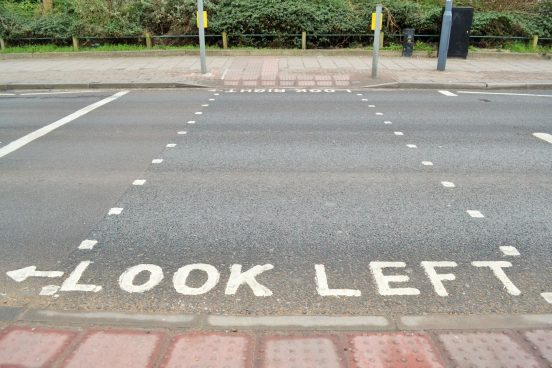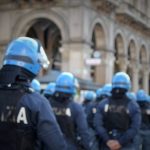My Thoughts on Realism:
Before taking this course, it never occurred to me that I approach IR studies with a predisposed belief in realism. But it started it to make sense when I reflected on watching world news on BBC and CNN. I usually see war, turmoil, and unrest showcased as the breaking news headline, and it makes me think: “Wow, this is the kind of world we live in. All this war and conflict… this is what happens every day. This is reality.”
But in the back of my mind, I’d ask myself: “… but, does the world always have to look this way? Does looking at the world always mean seeing it as a battle of war and peace?”
It troubles me to see the world through a realist’s lens because I tend to focus on the world through – for lack of a better word – a positive lens. I see the world as something that is striving to be better every day. I don’t mean to take away the fact that it’s not easy to find common ground and stability among global actors (such as nation-states, religious groups, etc.), and sometimes these differences can result in conflict, but I believe diplomacy and trusting in cooperative efforts is something worth practicing and applying to the world. The world isn’t just about fighting over power and eradicating war. The world is also about people who overcome challenges and empower others to do their best in making the world a better place.
I’m afraid my thoughts might sound naïve to a realist (or to IR theorists too, I’m not too sure), but this is why I want to learn more about IR theories. I want to learn more about the differences (and possibly overlaps?) between realism and liberalism, and other theories I’ve yet to learn about too. I’m eager to learn about the how nation-states interact with other nation-states and non-state actors, and the theories that theorize the reasons why they each choose to act and respond the way they do. I think IR theories are important to learn not only for IR students but for everyone in general because I believe the choices made on an international level will, in turn, affect us at a local level. So far, this course taught me that studying International Relations isn’t looking at the world from an ‘outside point of view’ but from the inside, because we are experiencing a world that is not easy to understand; it is full of complex people, ideas, and ever-changing situations. For me, this is what makes studying IR very exciting!
And My Thoughts on Meta-Theory:
I also thought the word ‘meta-theory’ is really cool. According to the course notes, it means to “transcend theory and theorizes theory itself”… that’s pretty rad. It sounds very “Inception-y”.


